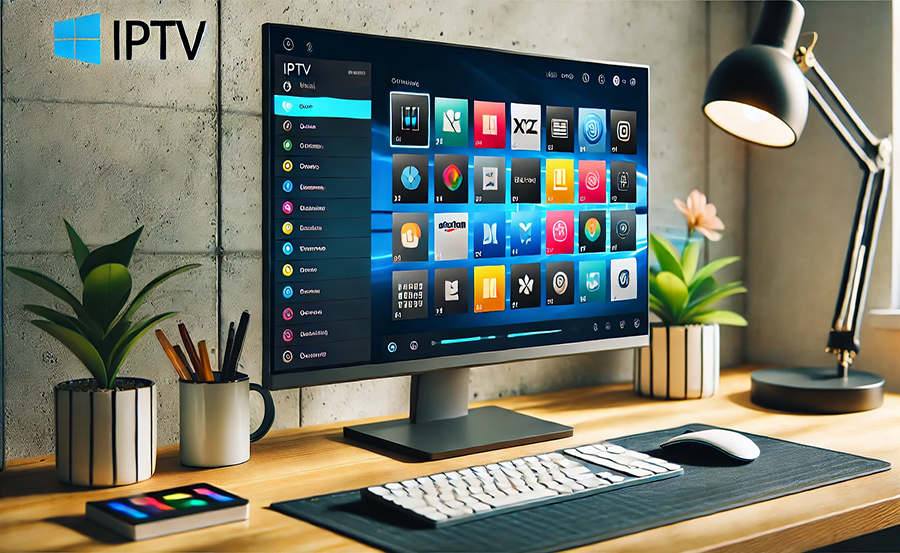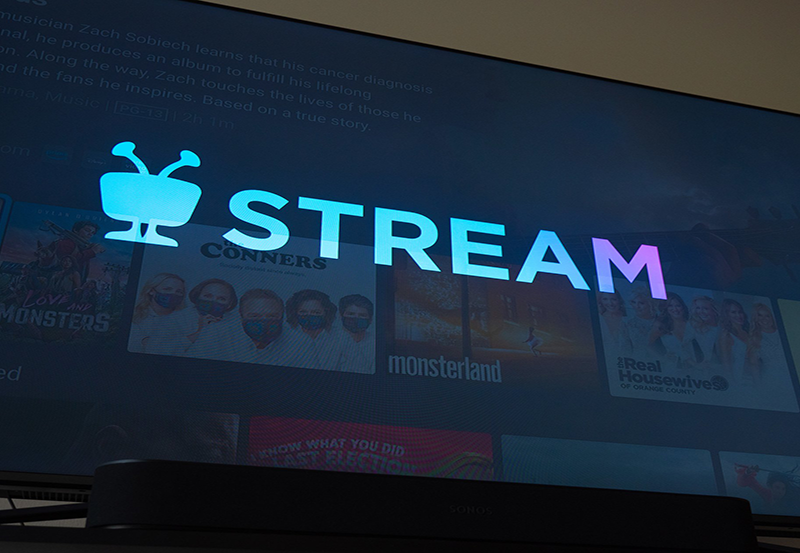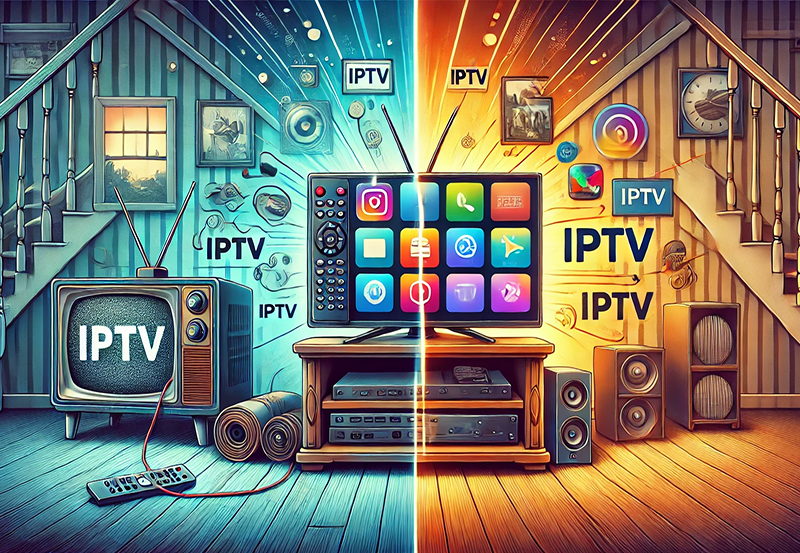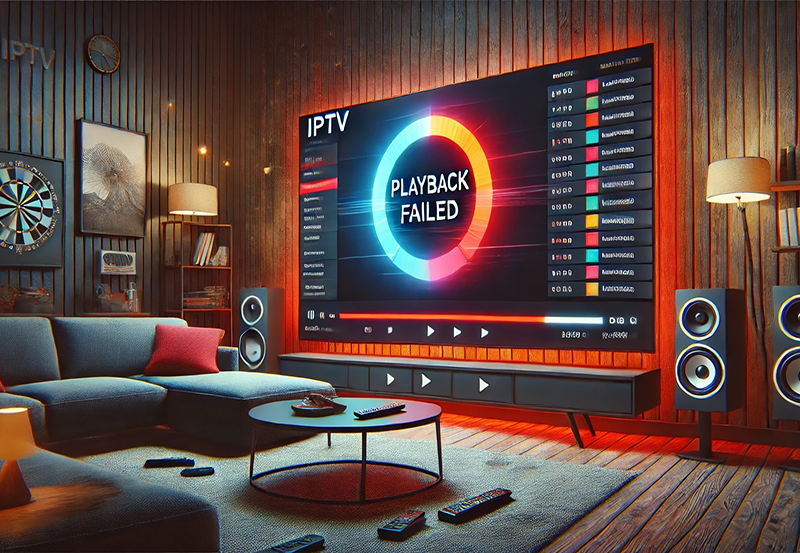In the ever-evolving world of entertainment, IPTV has emerged as a popular option for many. Conveniently offering a variety of channels and content, it suits the needs of those looking for flexibility and control over what they watch and when. But as appealing as IPTV sounds, many newcomers might wonder how to set it up on their Windows devices. This guide aims to walk you through the essentials while keeping things clear and practical.
Understanding IPTV
Internet Protocol Television, more commonly known as IPTV, is a way of broadcasting television content over the internet. Unlike traditional cable or satellite TV, this technology allows users to stream media from their chosen device with needed internet connectivity. No satellite dishes or long cables required—just a smooth stream delivered straight to you.
Why Choose IPTV?
IPTV provides several advantages over conventional TV setups. Here are a few reasons why it might be the right choice for you:
Streaming Tip:
Never miss your favorite matches with IPTV for sports streaming, offering crystal-clear live coverage.
- Flexibility: Watch whenever you want without sticking to a rigid schedule.
- Variety of Content: Access a broad range of channels, including niche and international options.
- Cost-Effective: Often cheaper than traditional cable packages, especially for specialized content.
Different Types of IPTV Services
Before diving into the setup, it’s helpful to know what kinds of IPTV services are available. Each has its own unique benefits.
- Live IPTV: It offers real-time broadcasting of channels.
- Time-Shifted TV: Allows viewers to catch up on shows that aired earlier.
- Video On Demand (VOD): Provides a library of media to watch anytime you prefer.
Setting Up IPTV on Windows
Now, let’s move on to setting up IPTV on your Windows device. The process might appear daunting at first, but with the right steps, it’s a breeze.
Step 1: Choosing the Right IPTV Service
The first thing you need is a reliable IPTV service. Consider your needs: do you want access to live sports, movies, or specialized content? Keywords like “Best IPTV for sports” or “Top IPTV services” can guide your search as you look for options that align with your preferences.
Step 2: IPTV Software and Apps
Several applications enable IPTV on Windows. VLC Media Player is a popular, user-friendly choice. Once installed, you can input your IPTV provider’s streaming URL to start watching. Alternatively, paid apps like IPTV Smarters offer customization and additional functionalities.
VLC Media Player Setup Guide
So, how do you get started with VLC? Here’s a quick guide:
- Open VLC and navigate to View > Playlist.
- Select Media > Open Network Stream.
- Paste your IPTV URL into the field.
- Click Play to start the stream.
Step 3: Configuring Settings for Optimal Experience
Once you’ve chosen a service and software, it’s time to optimize. Check your internet speeds—most providers recommend a minimum of 10 Mbps for smooth streaming. Adjust settings within the IPTV app to match your display preferences and improve performance.
Enhancing Your IPTV Experience
Your IPTV experience can be improved with a few tweaks here and there. Let’s explore some ways to elevate your IPTV viewing journey.
Enhancing Picture Quality
Picture quality with IPTV largely depends on your internet connection and the service provided. Ensure your connection is stable and consider wired connections over Wi-Fi for enhanced stability. Check with your IPTV service to see if they offer HD or 4K channels for that ultimate viewing clarity.
Utilizing VPN for Security
Using a VPN can help safeguard your online activity. It can also open up global content libraries by bypassing geo-restrictions, granting access to a broader range of channels that aren’t available in your region.
Organizational Tips for Channel Lists
With so many channels available, keeping them organized can lead to a smoother experience. Most IPTV applications allow you to create custom lists, marking favorites for quick access.
Exploring Additional Features
IPTV isn’t just about watching TV. Additional features can add another layer of convenience to your entertainment setup.
Recording Capabilities
Recording your favorite shows is a feature offered by some IPTV services. Recording allows you to watch content offline or revisit a favorite episode whenever you choose.
Interactive User Interfaces
A good IPTV service will offer an interactive guide to make navigating channels as easy as pie. Features such as program reminders and on-screen guides help in managing your viewing schedule efficiently.
As IPTV technology continues to advance, more features are constantly being introduced, enhancing user experience and providing a tailored viewing experience unique to each user.
Conclusion
IPTV offers a dynamic alternative to traditional television, providing endless variety and convenience. With your Windows device set up and ready, you’re now equipped to explore the vast world of IPTV, elevating your entertainment experience to new heights. The key is to keep experimenting and discovering what best meets your viewing needs.
Frequently Asked Questions

What is IPTV?
IPTV, or Internet Protocol Television, is a method of delivering television content over the internet rather than through traditional broadcasting methods like cables or satellites.
Is IPTV legal?
The legality of IPTV can vary based on your location and the service provider. It is essential to research and choose legal IPTV services to ensure compliance with local laws.
Do I need special equipment for IPTV?
No specific equipment is necessary beyond a compatible device and internet access. Some providers may recommend certain apps or software for the best experience.
Can IPTV replace cable TV?
While IPTV can offer similar and often more diversified content, whether it replaces cable TV depends on individual preferences and the availability of desired channels or content.
Does IPTV require a high-speed internet connection?
Yes, a stable, high-speed internet connection is crucial for seamless IPTV streaming. Generally, a connection speed of at least 10 Mbps is recommended for standard definition, while higher resolutions require faster speeds.
Decoding IPTV Encryption Errors: A Beginner’s Guide





